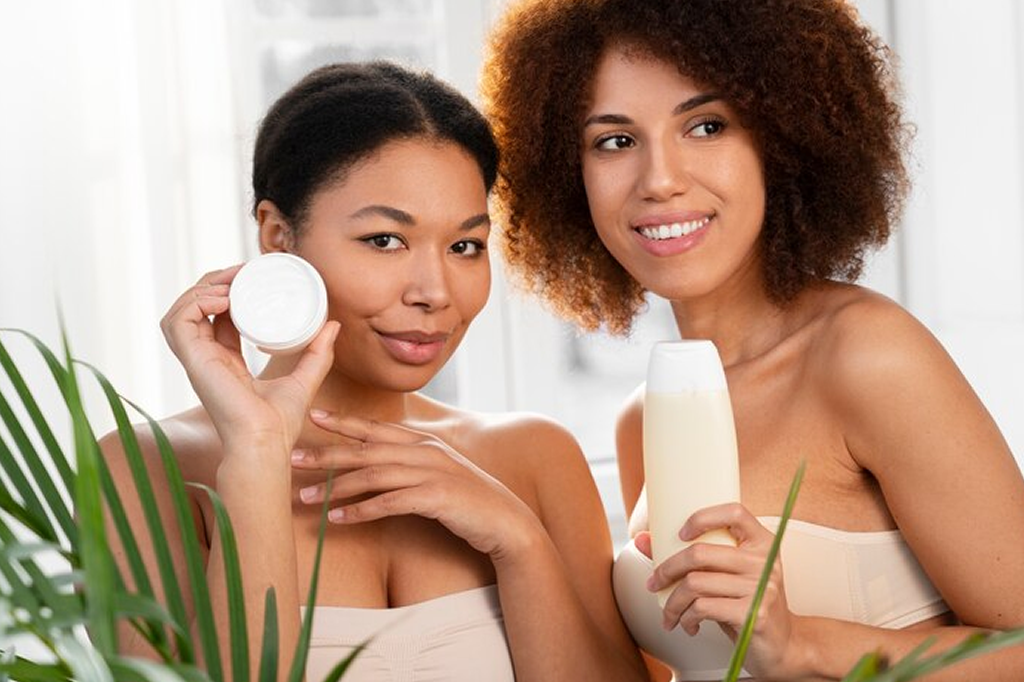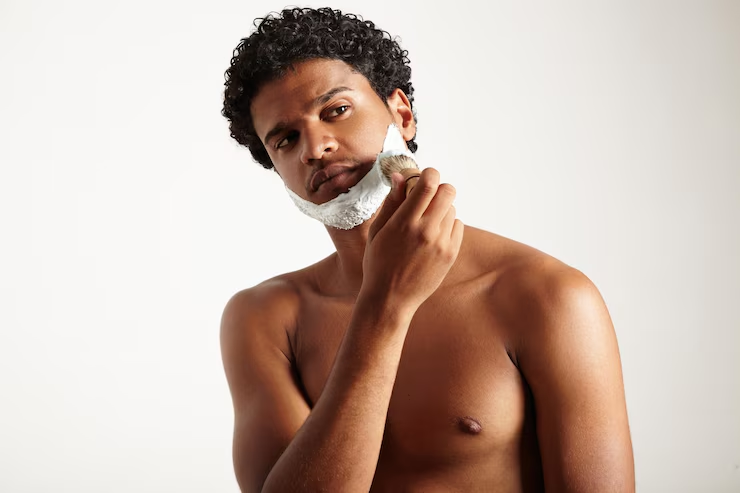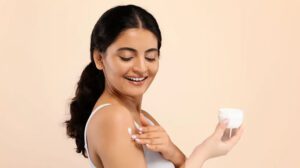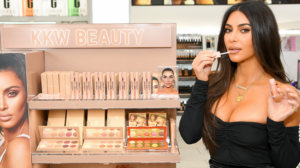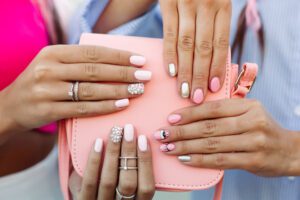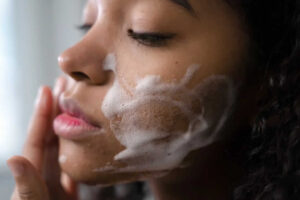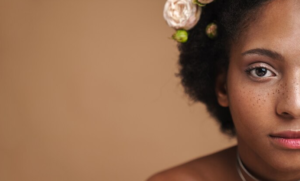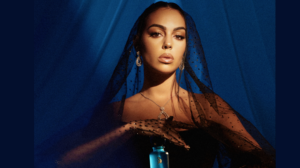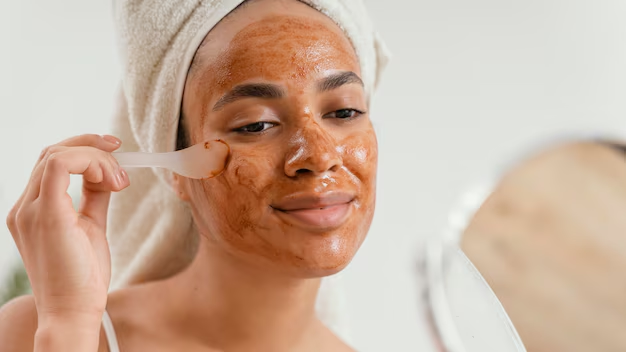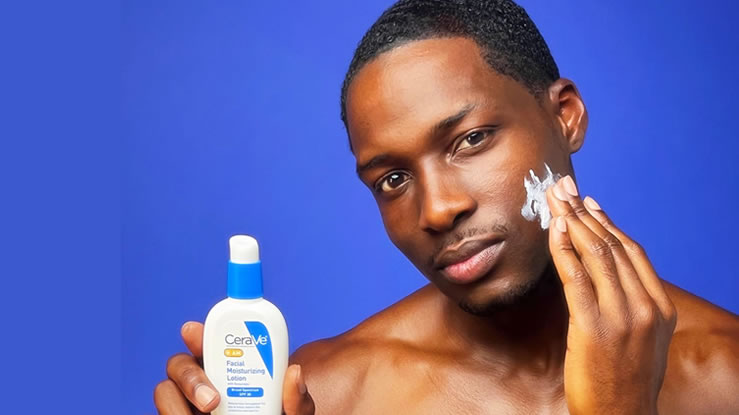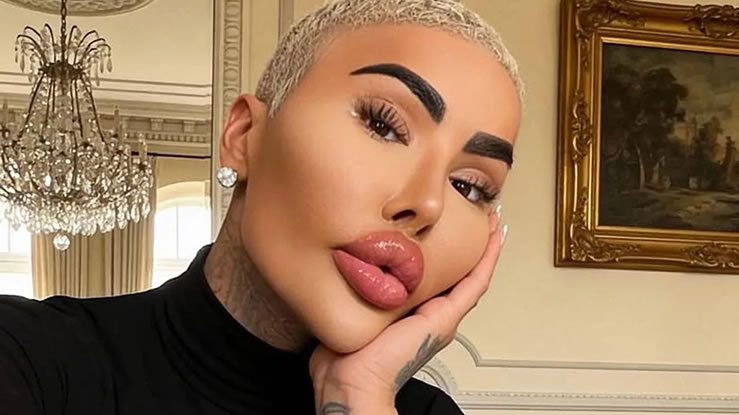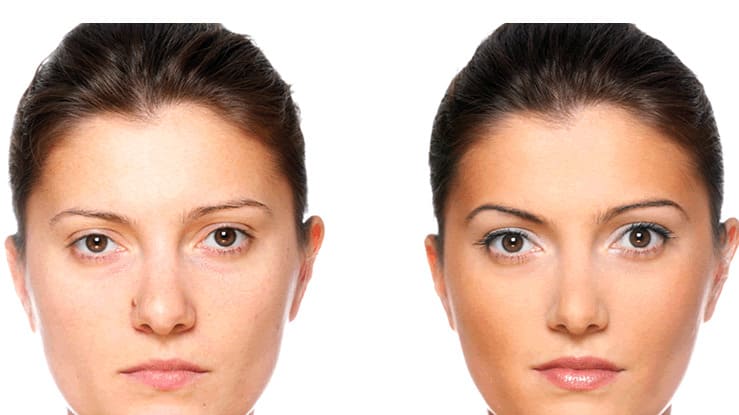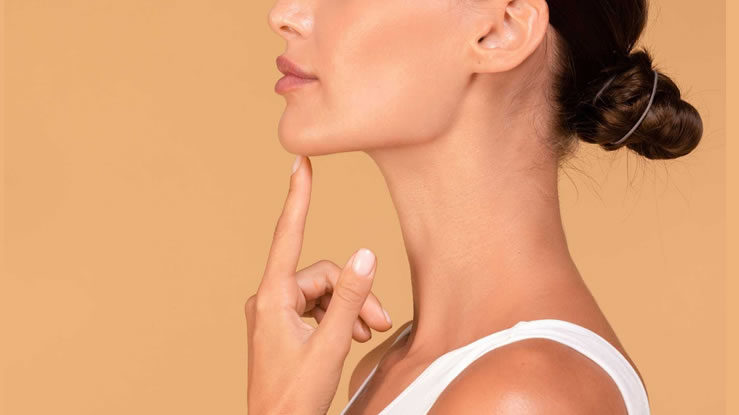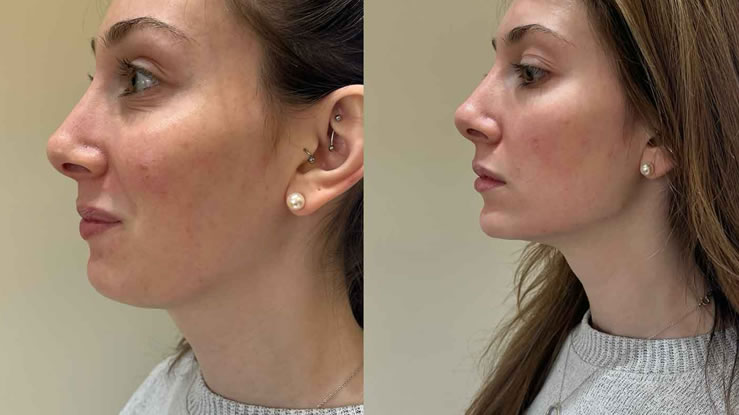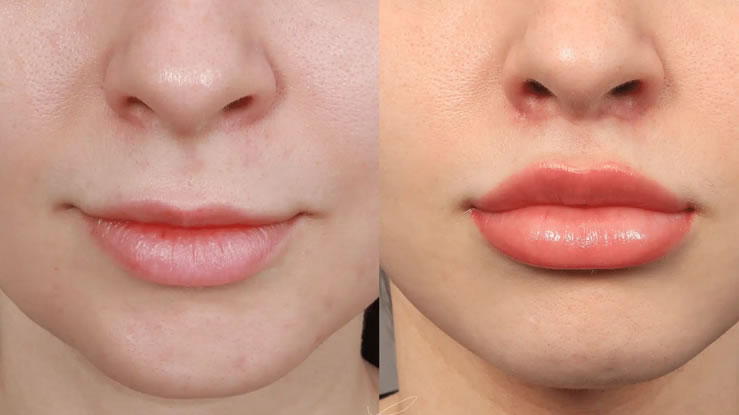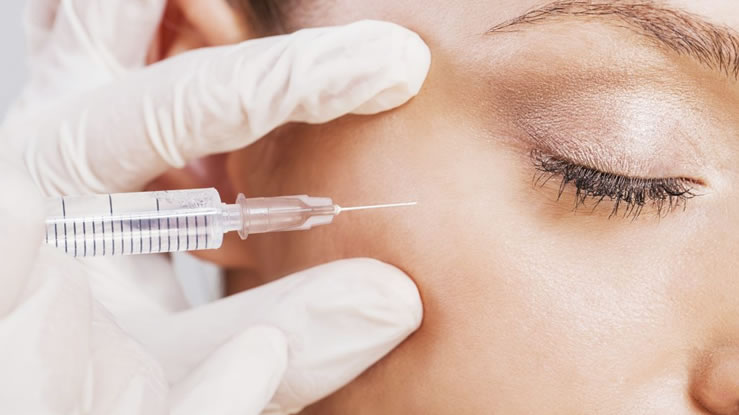Millennials are redefining the beauty industry with their evolving preferences. Here’s a look at the top trends that capture what millennials want in skincare, with real-world examples of brands meeting those needs.
Clean Beauty and Transparency
Millennials are skeptical of harmful chemicals and demand transparency in ingredients.
- Example: Drunk Elephant is a brand loved by millennials for its commitment to clean beauty. They clearly list all their ingredients and avoid potentially harmful ones like essential oils, drying alcohols, silicones, chemical sunscreens, and fragrance. Their slogan, “If there’s any doubt, it’s out,” resonates with transparency-focused millennials.
Sustainability and Eco-Friendliness
Environmental consciousness is a major factor in millennial buying decisions, and they prefer eco-friendly packaging and cruelty-free testing.
- Example: Lush Cosmetics is a pioneer in sustainable beauty. The brand is known for its eco-friendly packaging, including “naked” products like solid shampoo bars that require no packaging at all, and their commitment to cruelty-free testing. Millennials appreciate Lush’s efforts toward reducing waste and their focus on ethical sourcing.
Personalized Skincare
Millennials favor skincare products that are tailored to their individual skin needs, seeking a more customized approach.
- Example: Curology provides personalized skincare treatments. They offer a quiz to evaluate skin concerns and prescribe a custom formula made specifically for the user. Millennials love the direct connection to their unique needs, making personalized skincare a growing trend.
Multi-Functional Products
Efficiency is key for millennials, who often prefer products that address multiple skin concerns in one go.
- Example: IT Cosmetics’ CC+ Cream is a millennial favorite because it combines the benefits of a foundation, moisturizer, sunscreen, and anti-aging serum all in one product. Its multi-functional formula saves time and effort while addressing multiple skin concerns.
Anti-Aging with a Preventative Approach
Millennials are proactive about aging and prefer skincare products that prevent rather than treat signs of aging.
- Example: Sunday Riley’s Good Genes serum is a must-have for many millennials, packed with lactic acid that promotes collagen production and smooths fine lines, addressing aging concerns before they fully develop.
Natural and Organic Ingredients
Millennials gravitate towards natural ingredients that are perceived as safer and better for the skin.
- Example: Tata Harper is a luxury skincare brand that is popular among millennials because it uses 100% natural ingredients. Their products are made with high-performance botanicals, appealing to those who want clean, organic beauty products without sacrificing quality.
Inclusive Beauty
Millennials demand inclusivity in beauty, with products designed for diverse skin tones and concerns.
- Example: Fenty Beauty by Rihanna set a new standard in the industry with its inclusive foundation range featuring 50 shades for all skin tones. Millennials champion brands like Fenty that push for diversity and representation in beauty.
Minimalist Skincare Routines
With busy lifestyles, millennials often prefer a simpler, more minimalist approach to skincare.
- Example: The “Ordinary” skincare line by Deciem offers simple, no-frills products focusing on high-quality ingredients. Their minimalist branding and single-ingredient formulas appeal to millennials who seek streamlined routines without the clutter.
Are Millennials Shaping the Future of Skincare?
From clean beauty and sustainability to personalization and inclusivity, millennials are influencing the beauty industry with their values. Brands that align with these preferences by offering transparency, eco-friendliness, and tailored solutions are capturing millennial loyalty, reshaping skincare for future generations.

